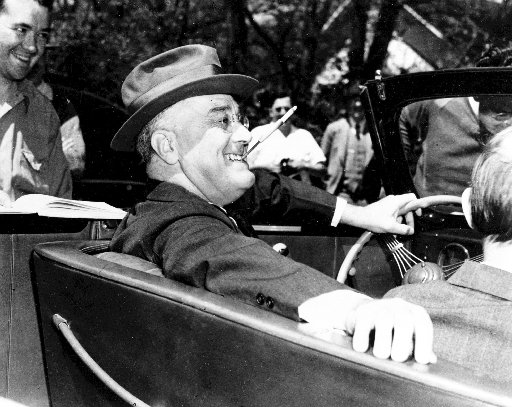Truthmatters
Diamond Member
- May 10, 2007
- 80,182
- 2,272
- 1,283
- Thread starter
- Banned
- #181
See you people try to rewrite history all the time.
It makes your decision making completely flawed
It makes your decision making completely flawed


